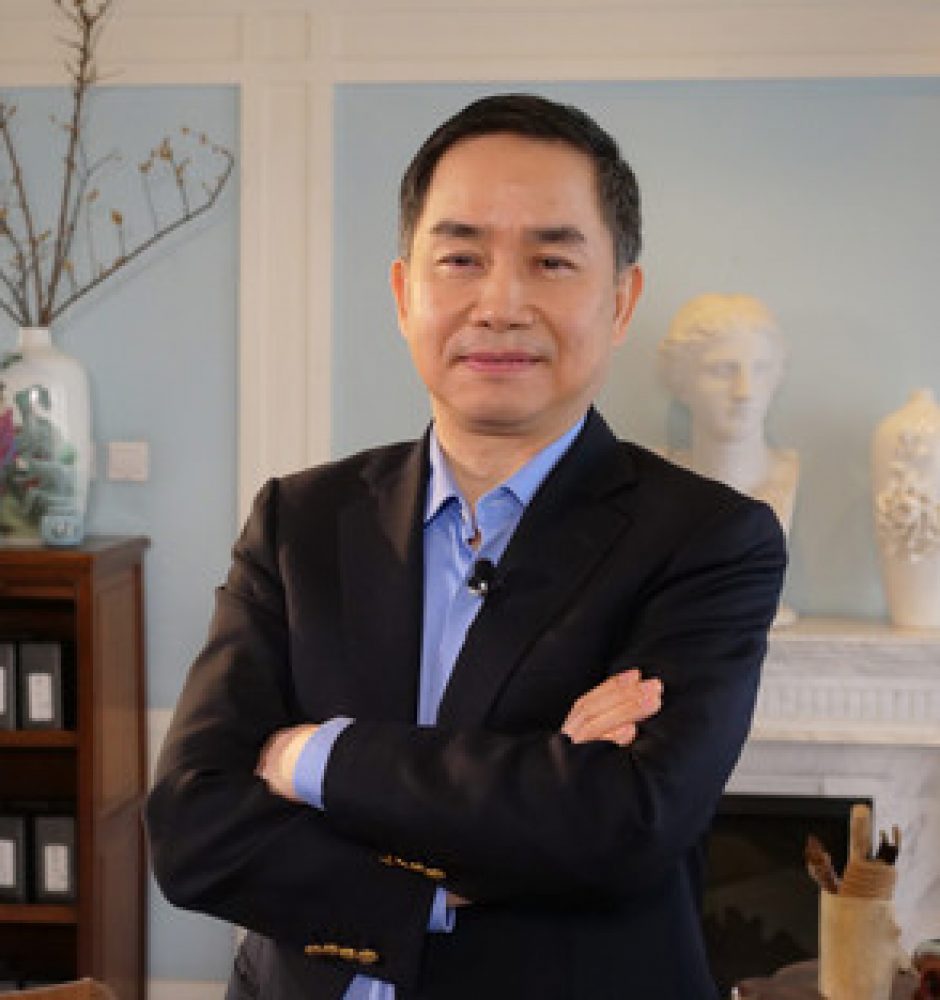"If it lasts more than three or four months, I think many of these small and medium-sized enterprises will not be able to bear it," said Zhiwu Chen, chair professor of finance at the University of Hong Kong. "This is definitely a bargaining chip for the United States."

3910 3079 / 3917 1271
KK 1338
Prof. Zhiwu Chen, Chair Professor of Finance at HKU Business School recently shared his perspectives with SCMP on the US ban targeting Chinese testing labs over security risks. Prof. Chen highlighted the practical challenges, "It is hard to determine where each component is tested, when so many things make up a smartphone... I don’t know how you can enforce it." He also pointed out the potential impact on major brands like Apple and Samsung, and ultimately, on American consumers who may face "fewer, more expensive choices." A complex issue with significant implications for global supply chains and tech policy.
Chen Zhiwu, chair professor of finance at the University of Hong Kong, said: “Gold has benefited tremendously from the erratic exercise of power by US President Donald Trump, making the US dollar and dollar assets less trustable and forcing international investors to diversify away.”
Chen Zhiwu, a chair professor of finance at the University of Hong Kong, said the comments were “typical Trump” and “nothing unusual”. “In reality, there hasn’t been any substantial progress or change in the US-China tariff negotiations. But this is Trump’s way of signalling to China,” Chen said.
But some countries, such as Vietnam, likely had little choice but to prioritize the United States, said Zhiwu Chen, a professor of finance at the University of Hong Kong. He noted how Vietnam had reoriented its economy around attracting American and other foreign brands to manufacture there. “They don’t really have a lot of leeway to take China’s side and offend the U.S.,” he said.
U.S. President Trump recklessly initiated a tariff war against the world, disrupting the global economic landscape. Why does Trump, with his 'professional' background, insist on waging a tariff war that violates economic principles? Will it solve America's trade deficit issue? What profound impacts will it have on China's industrial development?
US President Donald Trump’s latest tariff hikes have intensified global trade tensions, reflecting the US President’s economic pressure tactics and long-term strategic goals. Professor Zhiwu Chen, Chair Professor of Finance at HKU Business School explained that “Trump sees tariffs as both a strategic tool for domestic restructuring and a bargaining chip in international negotiations.” He further commented that Trump’s approach was not only about restoring America’s past revenue position but also about reshaping the power dynamics shaping global trade. Prof. Chen believes China should stay committed to openness and a rules-based global order. He said, “China should continue to safeguard the authority of international institutions like the UN and WTO, maintain friendly economic ties, and strengthen its domestic resilience.” Looking ahead, Prof. Chen expected global trade to shift towards regional alliances, with increasing fragmentation in global governance.
US President Donald Trump’s latest tariff hikes have intensified global trade tensions, reflecting the US President’s economic pressure tactics and long-term strategic goals. Professor Zhiwu Chen, Chair Professor of Finance at HKU Business School explained that “Trump sees tariffs as both a strategic tool for domestic restructuring and a bargaining chip in international negotiations.” He further commented that Trump’s approach was not only about restoring America’s past revenue position but also about reshaping the power dynamics shaping global trade. Prof. Chen believes China should stay committed to openness and a rules-based global order. He said, “China should continue to safeguard the authority of international institutions like the UN and WTO, maintain friendly economic ties, and strengthen its domestic resilience.” Looking ahead, Prof. Chen expected global trade to shift towards regional alliances, with increasing fragmentation in global governance.
US President Donald Trump’s latest tariff hikes have intensified global trade tensions, reflecting the US President’s economic pressure tactics and long-term strategic goals. Professor Zhiwu Chen, Chair Professor of Finance at HKU Business School explained that “Trump sees tariffs as both a strategic tool for domestic restructuring and a bargaining chip in international negotiations.” He further commented that Trump’s approach was not only about restoring America’s past revenue position but also about reshaping the power dynamics shaping global trade. Prof. Chen believes China should stay committed to openness and a rules-based global order. He said, “China should continue to safeguard the authority of international institutions like the UN and WTO, maintain friendly economic ties, and strengthen its domestic resilience.” Looking ahead, Prof. Chen expected global trade to shift towards regional alliances, with increasing fragmentation in global governance.





